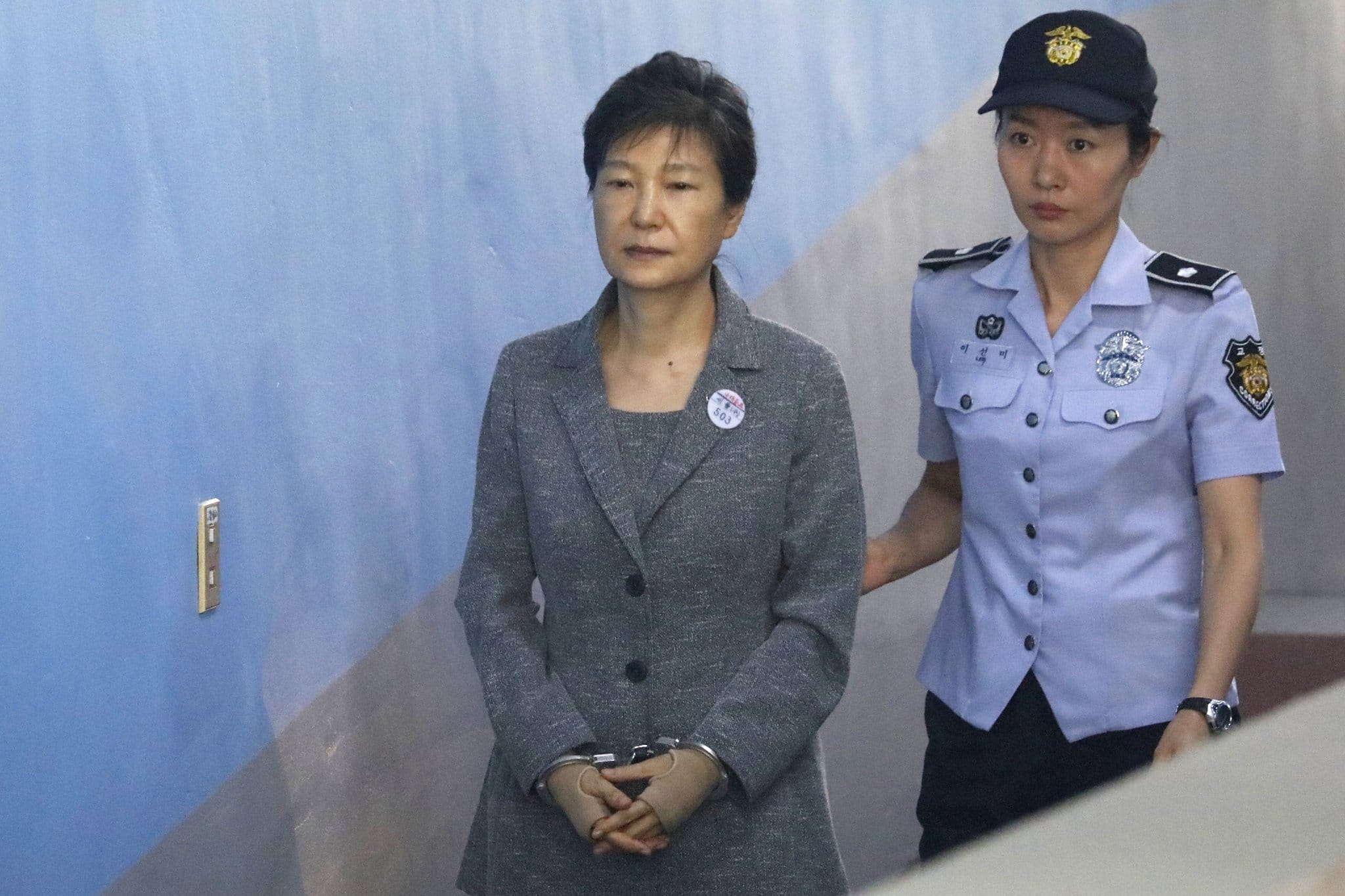The ongoing conflict in Syria, which began in 2011, has resulted in a humanitarian crisis that has drawn international attention. Among the numerous issues arising from this conflict, the conditions within Syrian prisons have emerged as a particularly harrowing aspect of the regime’s brutality. Recent investigations and testimonies from former detainees have revealed a pattern of systematic human rights violations that have raised alarms among human rights organizations and the international community.
Reports from organizations such as Amnesty International and Human Rights Watch have documented extensive evidence of torture, arbitrary detention, and inhumane treatment of prisoners in facilities controlled by the Syrian government. Survivors have recounted their experiences of being subjected to severe physical and psychological abuse, including beatings, electric shocks, and sexual violence. These accounts paint a grim picture of life inside Syrian prisons, where inmates are often denied basic necessities such as food, medical care, and adequate shelter.
One of the most notable facilities implicated in these abuses is the infamous Saydnaya Prison, located near Damascus. This prison has been described as a site of extreme brutality, where detainees are routinely tortured and executed. According to testimonies, prisoners are often held in solitary confinement for extended periods, subjected to harsh interrogations, and forced to endure deplorable living conditions. The psychological toll on inmates is profound, with many suffering from long-term mental health issues as a result of their experiences.
The Syrian government’s response to these allegations has been one of denial and deflection. Officials have consistently dismissed reports of torture and abuse as fabrications aimed at undermining the regime. However, the mounting evidence, including satellite imagery and testimonies from defectors, has made it increasingly difficult for the government to refute claims of human rights violations.
International bodies, including the United Nations, have called for independent investigations into the conditions of Syrian prisons. There is a growing consensus that accountability is essential to address the widespread abuses and to ensure that those responsible for these crimes are held to account. The need for justice is particularly pressing for the families of the thousands of individuals who have disappeared into the prison system, often without any information about their fate.
In addition to calls for accountability, there is also a growing movement advocating for the rights of political prisoners in Syria. Activists and human rights organizations are working tirelessly to raise awareness of the plight of those unjustly detained and to push for their release. Campaigns aimed at mobilizing public opinion and exerting pressure on the Syrian government have gained traction, particularly in light of the recent revelations regarding prison conditions.
The international community’s response to the situation in Syria has been complex and multifaceted. While there have been efforts to impose sanctions on the Assad regime and to support opposition groups, the issue of human rights abuses within prisons has not received the attention it deserves. Human rights advocates argue that addressing these violations should be a priority in any diplomatic efforts regarding Syria.
The situation is further complicated by the geopolitical dynamics in the region. Various countries have vested interests in the outcome of the Syrian conflict, which can sometimes overshadow the urgent need for human rights protection. Nonetheless, the continued exposure of prison atrocities may serve to galvanize international action and push for a more unified response to the crisis.
As the world grapples with the ongoing conflict in Syria, the plight of those suffering within the prison system cannot be overlooked. The accounts of survivors and the evidence compiled by human rights organizations highlight the urgent need for action. The international community must prioritize the investigation of these abuses, advocate for the rights of political prisoners, and hold those responsible accountable for their actions.
In conclusion, the revelations surrounding the atrocities occurring in Syrian prisons are a stark reminder of the human cost of the ongoing conflict. The testimonies of survivors serve as a call to action for the international community to address these violations and to work towards a future where human rights are respected and upheld for all individuals, regardless of their political beliefs. The path to justice may be long and fraught with challenges, but it is a necessary endeavor to ensure that such abuses are not repeated.



